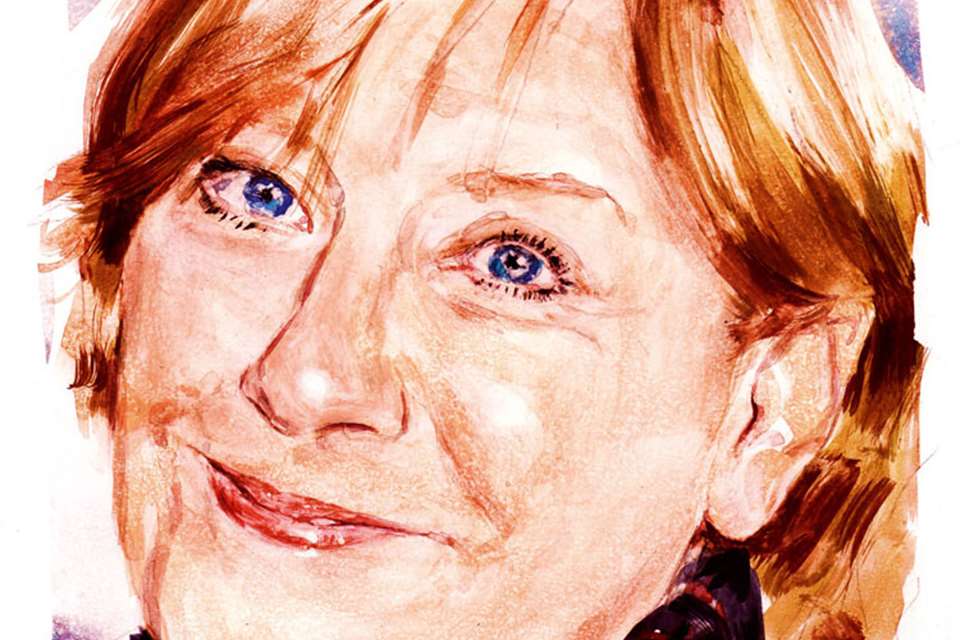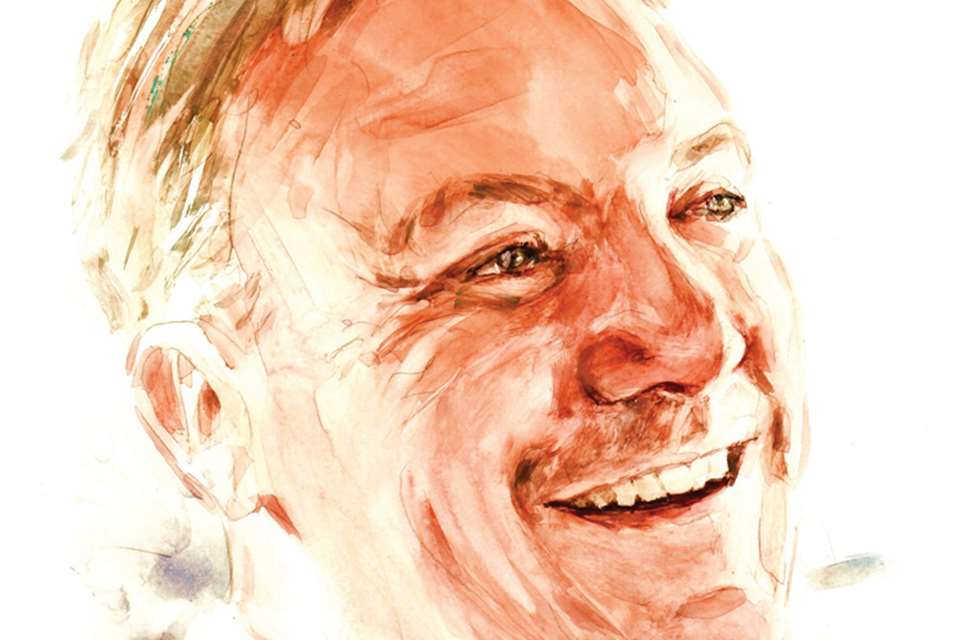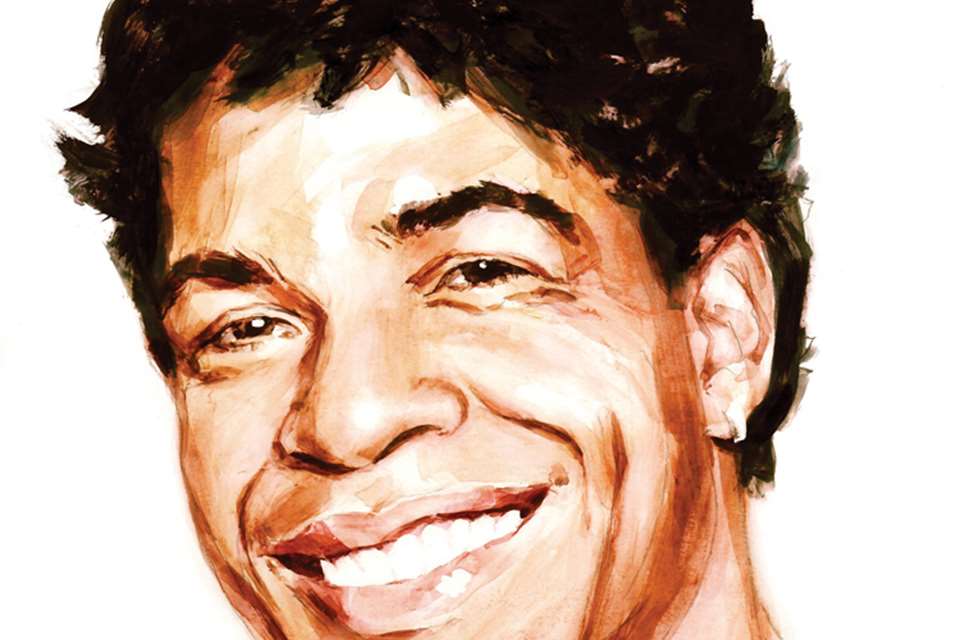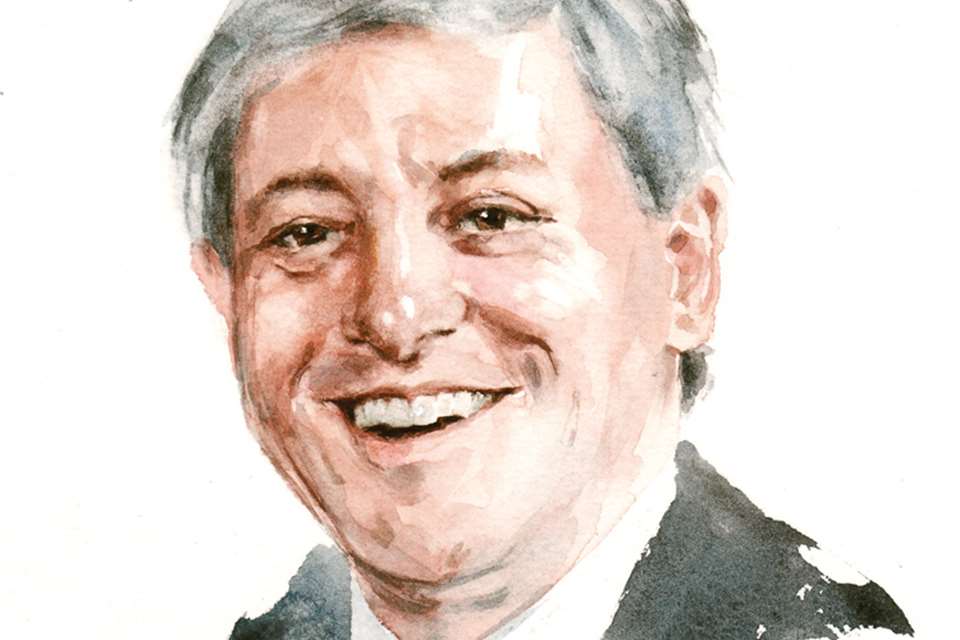Jilly Cooper | My Music: ‘Children ought to be nailed to the piano! Music is terribly important‘
Gramophone
Monday, November 3, 2014
The writer of the racing set has always loved music, and her novel Appassionata features a voluptuous violinist and an evil conductor…
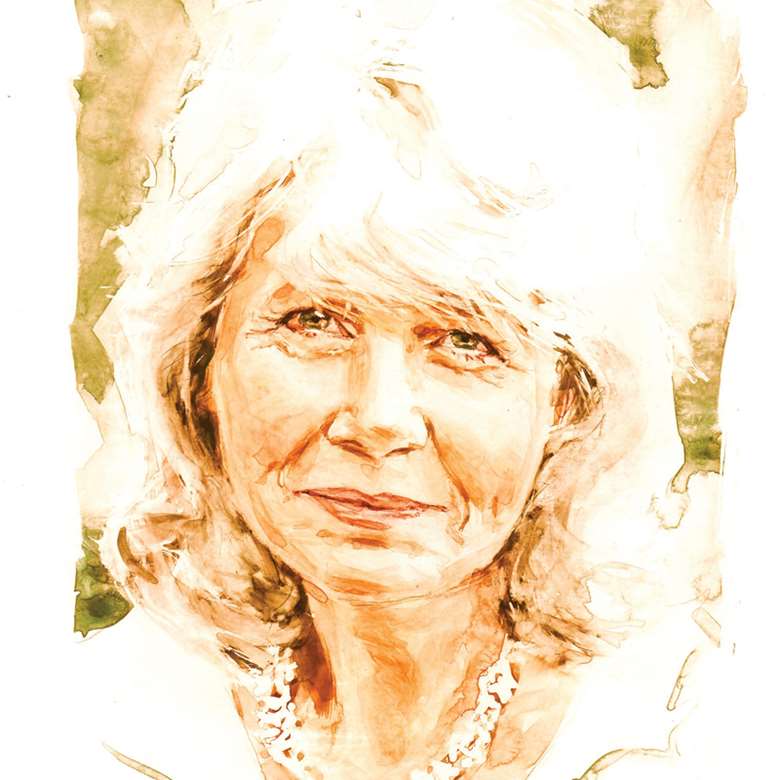
My father played the violin beautifully, and he also played the piano. My mother played the piano a bit so we had a lot of singing around the piano. I was taken constantly to the Winter Gardens as we lived near Ilkley. Amazing musicians like Denis Matthews, Clifford Curzon and Myra Hess would come and it was heavenly.
And we used to sing Schubert songs. We had a golden retriever called Simmy who would wander off. He would wander around Ilkley and we were always being rung up by the cinema saying, ‘Could you come and pick your dog up because he’s been shaking hands with the projectionist and we can’t start the film’. And so my father and I would set out to fetch him and we used to sing ‘To wander is to Si-i-i-mmy’s bliss, to wander, to wander’ – our version of the opening song of Die schöne Müllerin.
My father was once very upset because the music mistress at my school thought Beethoven was cold! How could she say Beethoven was cold? He was just horrified. And that’s the only time I would see him cry to music, when he heard Beethoven. My father and I used to play the Beethoven symphonies as piano duets rather badly. Then I had an accident – I fell off a horse when I was 14 – and that put paid to my piano-playing, not that I’d ever been that good. I studied music for O level and that was it.
‘The musicians’ stories at dinner after concerts were endless and hysterical. Musicians are funnier than people in any other profession. I was so shocked at how irreverent to the conductor they all were’
Children ought to be nailed to the piano! Music is terribly important. Even if you only learn the rudiments it sets you up for life. It gives you a glimpse into a world where the priorities are right. It’s an abstract language that’s so powerful and to experience that at first hand is unforgettable. Since [my husband] Leo died in November the things that have brought me closest to tears – and I’ve not yet cried – but have also provided the most joy, are music and poetry.
My mother had her leg stroked by Elgar. She was at school with a girl called Eileen Brewer who was the daughter of the organist Sir Herbert Brewer, and she’d often go and stay. And once at lunch, Sir Edward stroked her knee! I suppose that would be considered scandalous these days.
When I wrote my novel Appassionata, it was a logical step really because I used to have Radio 3 on the whole time – I’d be immersed in music. So when I introduced the conductor Rannaldini into my books, the music really started there. It was heaven to step into that world. The lucky thing about being an author is that you can meet your gods (now I’m meeting all these racing and horse gods for my next novel). And the music community became such friends. I went all round Europe with the Scottish National Orchestra, who are all as wild as kites! Lovely people. They partied so much but produced this amazing music the next day. Rehearsals were always a little subdued…
The musicians’ stories at dinner after concerts were endless and hysterical. Musicians are funnier than people in any other profession. I was so shocked at how irreverent to the conductor they all were. And conductors are so sexually competitive! Incredible…I remember after Appassionata came out, someone came up to me and said, ‘How dare you be so unkind by pillorying my friend Georg Solti?’ I’d never even met him and he hadn’t entered my mind. But it shows that there’s definitely a sort of conducting ‘type’. I remember sitting in on the rehearsals for Don Carlos at Covent Garden when Bernard Haitink was conducting. He was terrifying!
I always have a vision of Beethoven arriving in Heaven with the Choral Symphony blaring out and the ‘Ode to Joy’ being sung – and he could hear it. Isn’t that just the saddest thing: that at the first performance, he wasn’t able to hear his own masterpiece?
The record I couldn't live without...
Mendelssohn Symphony No 2, 'Lobesgesang'
Sols; LSO & Chorus / Claudio Abbado (Deutsche Grammophon)
This article originally appeared in the September 2014 issue of Gramophone. Never miss an issue of the world's leading classical music magazine – subscribe today




